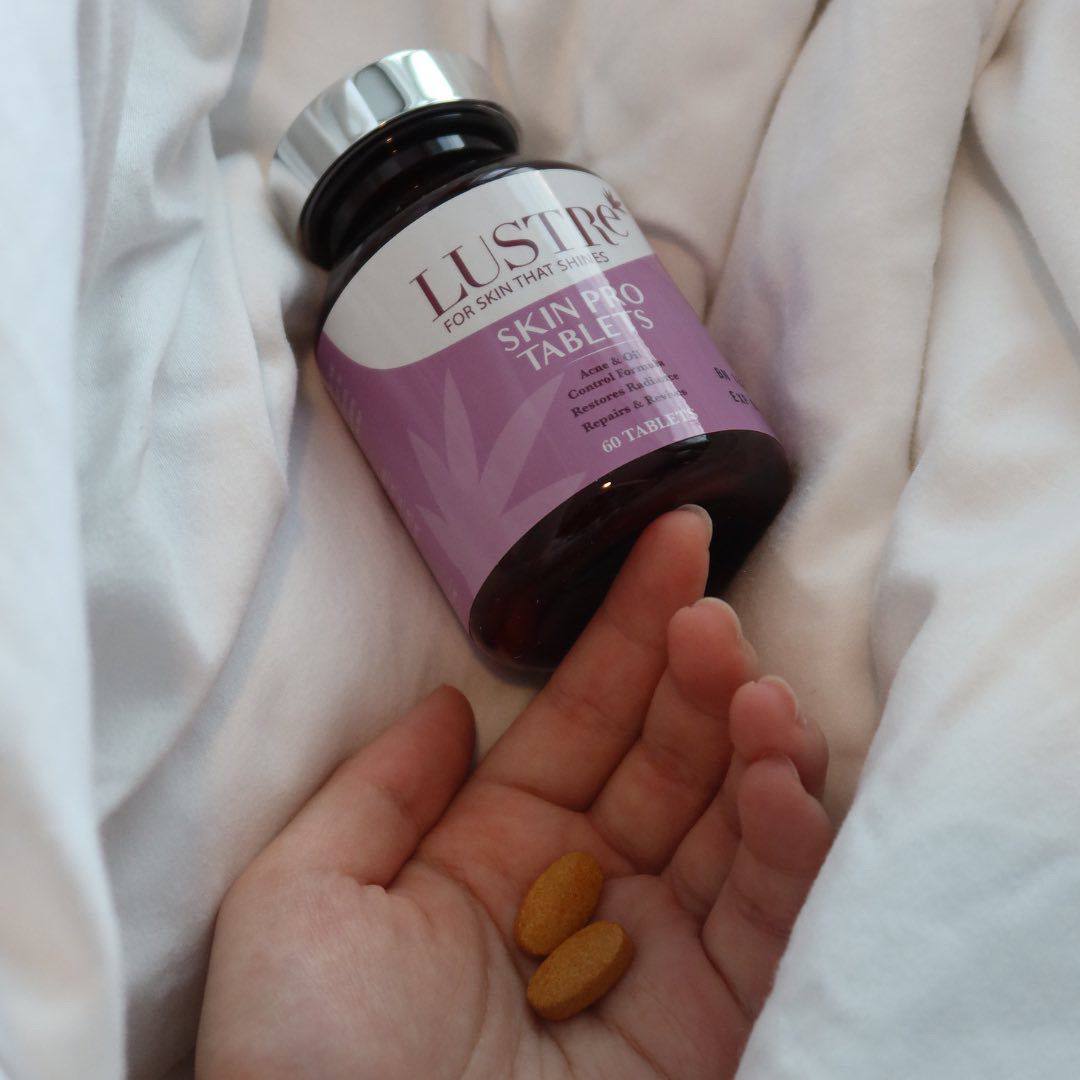Eczema and Gut Health: A Natural Approach to Soothe Your Skin

Living with eczema can be a frustrating cycle of itching and inflammation. While topical treatments offer temporary relief, research increasingly points to an overlooked factor: your gut health.
Understanding the link between eczema and gut health could be the breakthrough you need for long-term relief.
The Gut-Skin Axis: How It Works
Your gut is home to trillions of microorganisms that form the gut microbiome. This ecosystem influences various bodily functions, including skin health. A balanced gut microbiome supports your immune system and reduces inflammation, two key factors in managing eczema. When the microbiome is imbalanced—a condition called dysbiosis—it can trigger inflammation, leading to flare-ups.
Eczema and Gut Health: Key Connections
- Inflammation Control: A healthy gut microbiome can reduce systemic inflammation, easing eczema symptoms.
- Immune System Regulation: The gut communicates with your immune system, helping to moderate overactive responses that contribute to eczema.
- Barrier Function: A healthy gut supports the skin’s barrier, reducing dryness and irritation.
Foods to Improve Gut Health and Soothe Eczema
- Omega-3 Fatty Acids: Found in salmon, mackerel, and flaxseeds, these healthy fats reduce inflammation.
- Fermented Foods: Probiotic-rich options like yogurt, kimchi, and miso boost beneficial gut bacteria.
- Leafy Greens: Spinach, kale, and other greens are rich in antioxidants and support skin repair.
- Prebiotic Foods: Garlic, onions, and bananas feed good bacteria in your gut.
- Berries: High in antioxidants, they protect your skin from damage and inflammation.
The Role of Probiotics and Prebiotics
Probiotics are beneficial bacteria that support a balanced gut microbiome. Studies suggest certain probiotic strains can reduce eczema severity by enhancing immune function and decreasing inflammation. Look for supplements or probiotic-rich foods like kefir and sauerkraut.
Equally important are prebiotics, which act as food for probiotics, helping them thrive and maintain a healthy gut environment. Prebiotic foods like garlic, onions, and bananas promote the growth of beneficial bacteria, amplifying the positive effects of probiotics. Together, probiotics and prebiotics create a synergistic effect that supports optimal gut health and, by extension, better skin health.
Lifestyle Changes to Support Gut and Skin Health
- Stress Management: Chronic stress disrupts gut health and worsens eczema. Practices like meditation and yoga can help.
- Adequate Sleep: Sleep supports immune function and gut microbiome balance.
- Exercise: Regular physical activity stimulates digestion and reduces stress, benefiting both gut and skin.
- Hydration: Drinking enough water supports digestion and keeps your skin hydrated.
Avoid These Eczema Triggers
- Processed Foods: High in additives and sugar, these disrupt gut balance and increase inflammation.
- Dairy and Gluten: Common triggers for some people with eczema. Consider an elimination diet to identify specific sensitivities.
- Artificial Additives: Preservatives and artificial sweeteners can negatively impact gut health.
Can Probiotics & Prebiotics Cure Eczema?
While probiotics and prebiotic aren’t a cure, they can be a helpful tool in managing eczema. Combining them with a healthy diet and lifestyle changes can significantly improve symptoms.
Why Singaporeans Should Care About Gut Health
With Singapore’s busy urban lifestyle, stress, processed foods, and lack of sleep are common—all of which can harm gut health. By addressing these factors and incorporating gut-friendly habits, you can improve not only your eczema but your overall well-being.
Conclusion
If you’re struggling with eczema, it’s time to look beyond skincare products and consider your gut health. Focus on a nutrient-rich diet, add probiotics, and maintain a balanced lifestyle. Over time, these changes can help soothe your eczema and support healthier skin.
To further enhance your gut health, consider incorporating MyLustre products such as Prebioshotz, Prebio-M, and Prebio-T into your routine. These prebiotic supplements are specially formulated to support a balanced gut microbiome, promoting better digestion and overall health.
By nurturing your gut with the right supplements, you’re not just managing eczema symptoms but building the foundation for long-term skin health.
FAQs
1. Is eczema linked to poor gut health?
Yes, imbalances in the gut microbiome can increase inflammation and worsen eczema symptoms.
2. Can probiotics help with eczema?
Probiotics can support gut health and potentially reduce the severity of eczema flare-ups.
3. What foods should I avoid for eczema?
Limit processed foods, sugary snacks, and potential allergens like gluten or dairy if you suspect sensitivities.
4. How do I improve my gut health for eczema relief?
Focus on a fiber-rich diet, include fermented foods, and consider probiotic supplements. Avoid triggers like stress and poor sleep.








